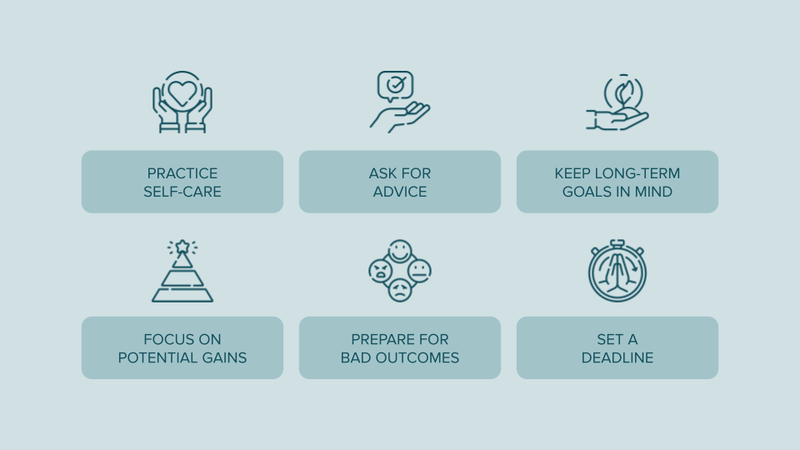In today’s fast-paced world, the idea of doing nothing might be perceived as laziness, but it is increasingly recognized as a powerful tool for mental rejuvenation and creativity. Embracing moments of inactivity can foster clarity and well-being, offering benefits that are often overlooked in our relentless pursuit of productivity. Discover the transformative power of intentional idleness and how it can revitalize your mind and spirit.
1. Boosts Creativity

Did you know? Some of the world’s greatest ideas come when the mind wanders. Taking time to just be, without active engagement, allows the subconscious to connect ideas in novel ways. This can lead to unexpected bursts of creativity.
If you’ve ever experienced a brilliant idea popping up in the shower, you’ve tapped into this power. Allowing the mind to drift encourages a state where creativity flourishes, unbounded by structured thought. Embrace the art of doing nothing and witness your creative potential unfold.
2. Reduces Stress

Imagine the gentle rhythm of waves; that’s what your mind feels like when stress melts away. Regularly allowing yourself moments of stillness can significantly lower stress levels.
Incorporating periods of inactivity into your routine acts as a reset button, calming the nervous system. This practice creates a buffer against stressors, helping you respond rather than react to life’s challenges. De-stressing isn’t just about escape; it’s about mindful presence, providing a sanctuary for your mental health.
3. Enhances Decision-Making

Ever notice how solutions seem to appear when you’re not actively searching? Doing nothing can sharpen your decision-making skills.
When you step back from constant thinking, your brain has a chance to process information without pressure. This leads to clearer insights and more confident choices. Embrace moments of stillness to allow your intuition to guide you, making decisions less daunting.
By giving yourself room to breathe, you can find clarity in previously confusing situations.
4. Improves Mental Health

With our constant need to engage, mental health can take a backseat. Doing nothing offers a chance to reconnect with yourself.
It provides the mental space needed to process emotions and thoughts, promoting a sense of peace. This practice is akin to mental decluttering, where unnecessary worries are set aside.
Allow yourself to savor these quiet moments, and you’ll notice an improvement in your emotional well-being, offering a counterbalance to the demands of daily life.
5. Fosters Mindfulness

Mindfulness isn’t just about meditation; it’s also about embracing moments of inactivity. Doing nothing fosters a heightened awareness of the present.
This practice teaches you to appreciate the simple act of being, creating a deeper connection with yourself and your surroundings. By practicing mindful idleness, you cultivate an appreciation for life’s subtleties, often missed in busyness.
Let the world pause around you, and in that stillness, find your mindful anchor.

